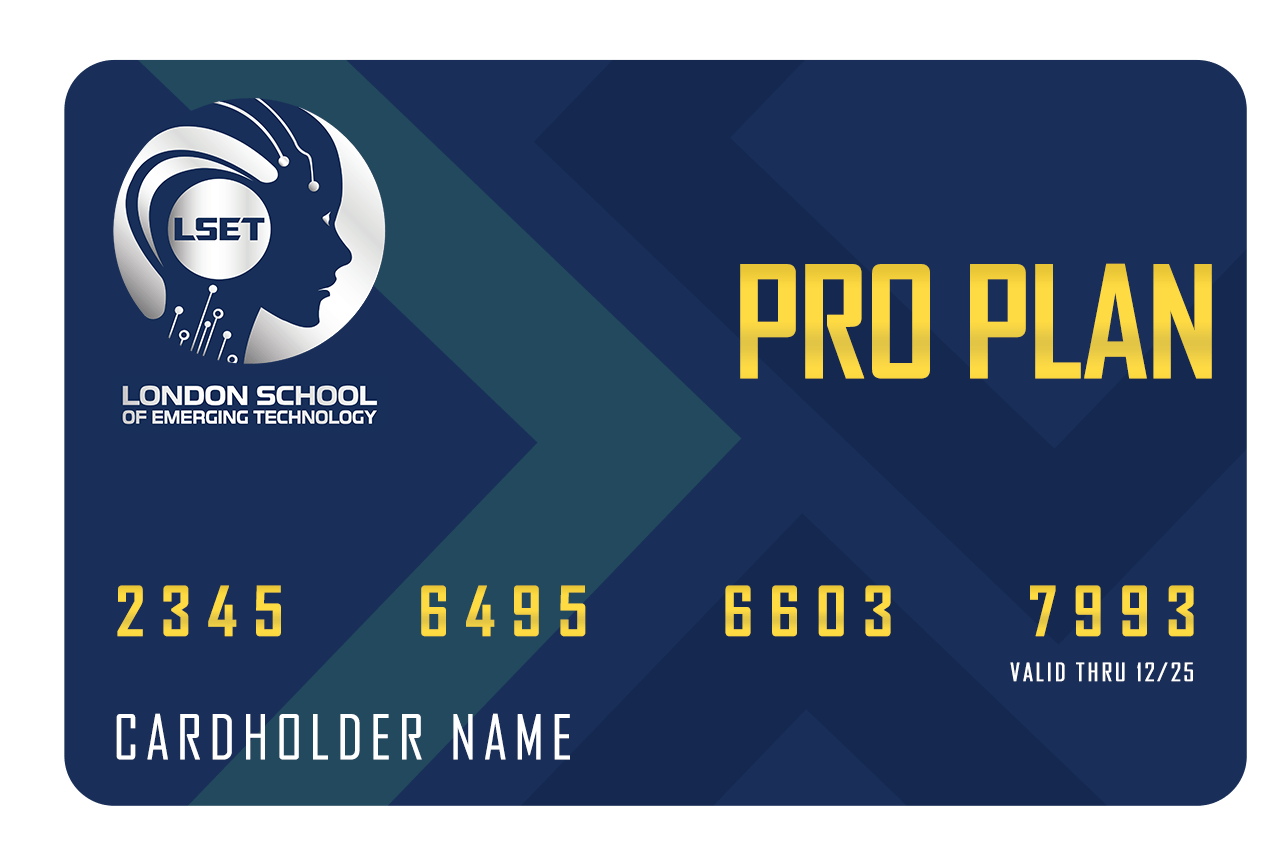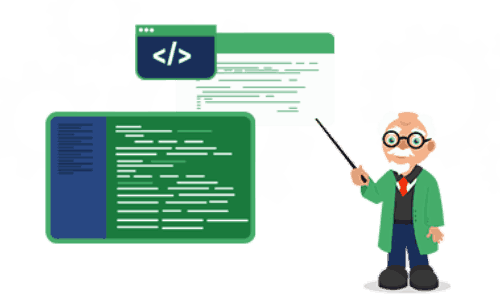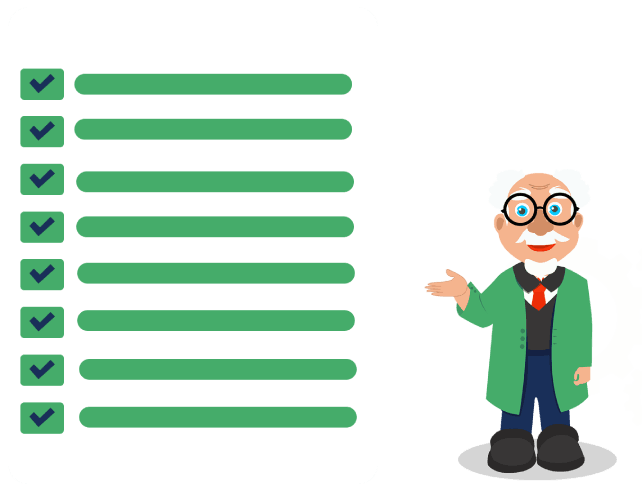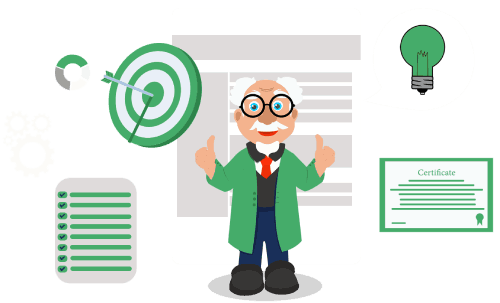Technologies Covered
Unity Engine
Master the Unity Editor and tools for creating immersive 2D and 3D game environments.
C# Programming
Learn to write clean and efficient game logic using C#, the primary language used in Unity development.
Game Physics & Animation
Understand how to add realistic motion, collisions, and character animations using Unity’s physics and Animator systems.
2D/3D Asset Integration
Import and manage graphics, models, sounds, and animations to enhance your game’s visual and auditory experience.
UI/UX for Games
Design intuitive and responsive game interfaces including menus, HUDs, and player feedback systems.
Version Control with Git
Collaborate effectively and manage your game projects using Git and GitHub.
Build & Deployment
Deploy your games across multiple platforms including desktop, mobile, and web with Unity’s multi-platform support.



 Premium Career-Ready Track
Premium Career-Ready Track










